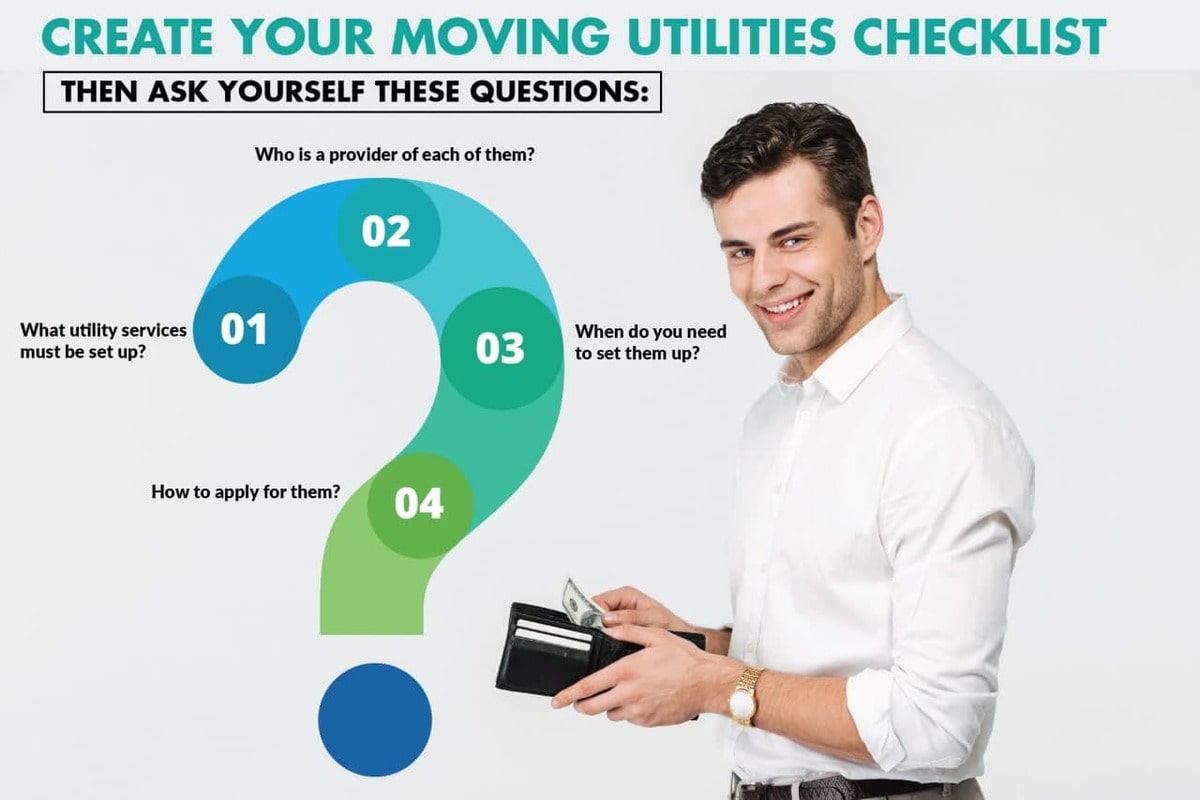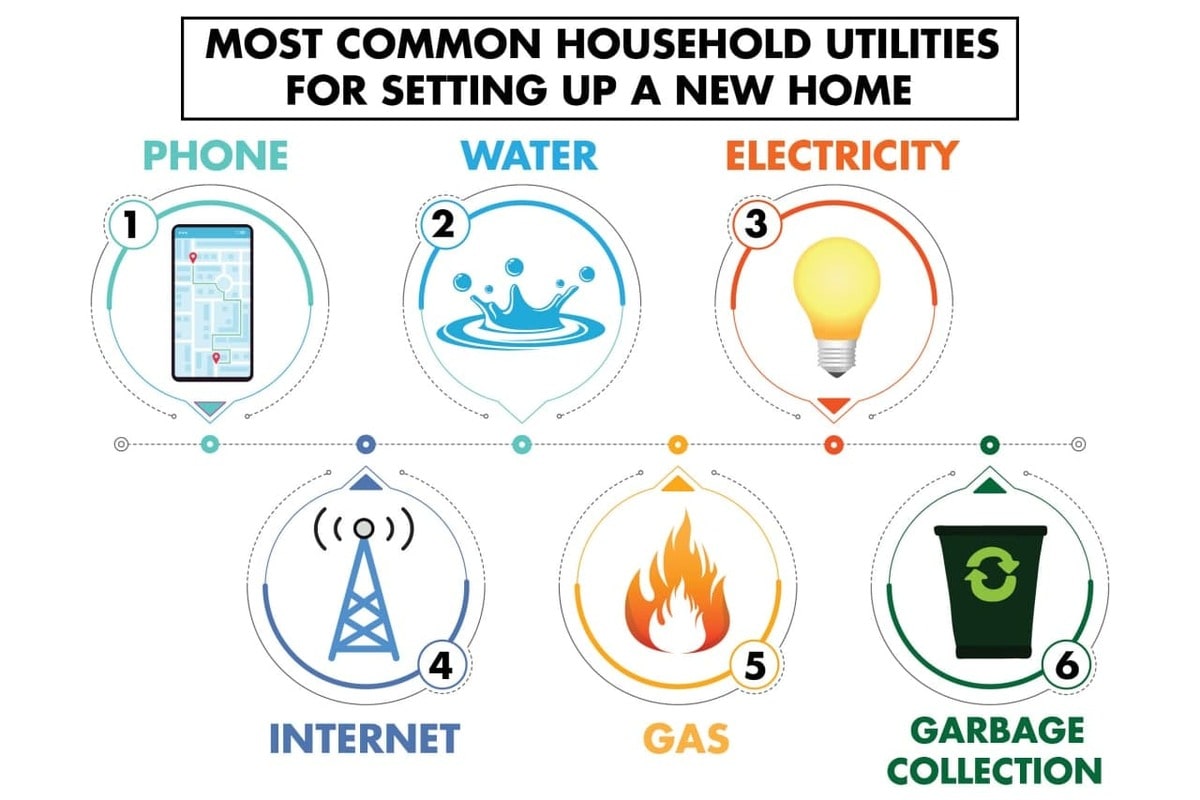How Much is a Electric Bill for an Apartment
Electricity is cheapest in Utah and Oregon. The average electricity bill for apartments is about $100 a month, but in some states that amount is less than $80, and in others it is more than $140. How to Get Electricity Turned on Same Day? Wherever you need same-day electrician services, the process of setting up electricity for an apartment will be the same. Here's how to get your electricity turned on quickly, even on the day you move in.
- Compare electricity rates.
- Choose your electricity provider.
- Sign up online or by phone.
- Ask for "switch" and pick today's date.
- Turn on your lights!
The setting up electricity provider cannot guarantee when your lights will be on. But as long as you're on time for your provider's scheduled turn-off time and pay any deposit, your electricity will be turned on on the same day. So, if you are thinking about moving, it is very important to find out in advance how to set up utilities. You can also hire local or long-distance movers who will facilitate your move and you will not have to worry about anything.


